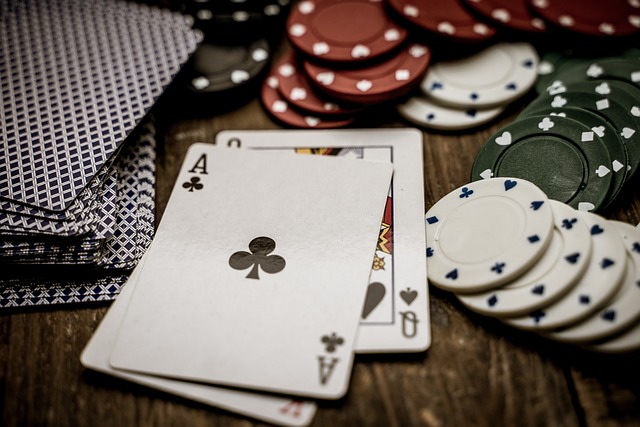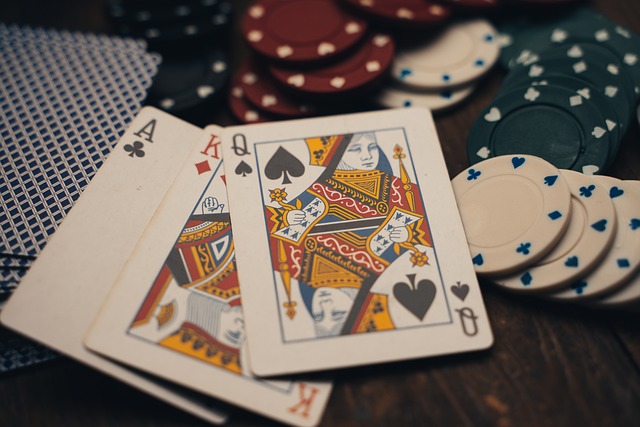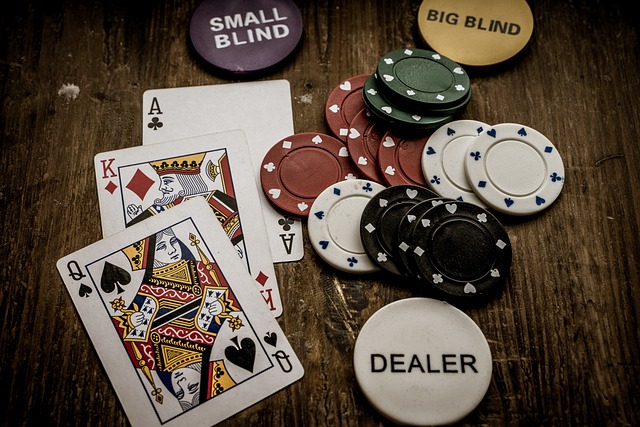Poker is not just a game of luck. It requires skill, strategy, and a sharp mind. Playing poker regularly can help develop your memory and thinking skills. Well, if you want to play something more simple, fun, but still profitable, then check out the new JetX game.
Here’s how poker can boost your cognitive abilities.
Enhancing Memory
Remembering Cards
In poker, you need to remember the cards that have been played. Keeping track of the cards helps you make better decisions. This practice enhances your short-term memory.
Opponent Patterns
Observing and remembering your opponents’ behaviors and betting patterns is crucial. Noticing how they react in different situations helps you predict their moves. This sharpens your observational skills and improves memory retention.
Hand Histories
Many poker players review their hand histories. Analyzing past games and remembering key hands can help you learn from your mistakes and successes. This retrospective analysis strengthens your long-term memory.
Boosting Thinking Skills

Strategic Planning
Poker requires strategic planning. You need to think ahead and plan your moves based on the cards you have and the potential hands of your opponents. This forward-thinking enhances your strategic thinking abilities.
Probability and Mathematics
Poker involves a lot of math. Calculating odds, pot odds, and expected value requires quick mental calculations. Regularly engaging in these mathematical exercises improves your numerical thinking and problem-solving skills.
Critical Thinking
In poker, you must evaluate different scenarios and make critical decisions. Weighing the risks and benefits of each move develops your critical thinking skills. This ability to analyze and decide under pressure is valuable in many aspects of life.
Improving Focus and Concentration
Staying Alert
Poker games can last for hours. Staying focused and alert throughout the game is essential. This prolonged concentration helps improve your attention span and mental endurance.
Avoiding Distractions
To succeed in poker, you must avoid distractions. Concentrating on the game despite external interruptions enhances your ability to stay focused on tasks in everyday life.
Building Emotional Control

Managing Emotions
Poker is a game of highs and lows. Winning a big hand can be exhilarating, while losing can be frustrating. Learning to manage these emotions and maintain a poker face helps develop emotional control and resilience.
Decision-Making Under Pressure
Poker often requires making important decisions under pressure. Staying calm and making rational choices in high-stress situations helps improve your decision-making skills and emotional stability.
Developing Social Skills
Reading People
Poker is as much about reading people as it is about playing cards. Observing opponents and understanding their tells and body language enhances your social and interpersonal skills.
Bluffing and Deception
Bluffing is a key element of poker. Convincing others that you have a better hand than you do requires creativity and psychological insight. Practicing these skills in poker can improve your ability to persuade and influence others in real-life situations.
Conclusion
Poker is a fantastic game for developing memory and thinking skills. Remembering cards and opponent patterns sharpens your memory. Strategic planning, mathematical calculations, and critical thinking enhance your cognitive abilities. Staying focused and managing emotions improve your concentration and emotional control. Reading people and practicing deception boost your social skills. Playing poker regularly can provide a fun and effective way to enhance your mental performance and cognitive abilities. So, grab a deck of cards and start honing your memory and thinking skills with poker.
